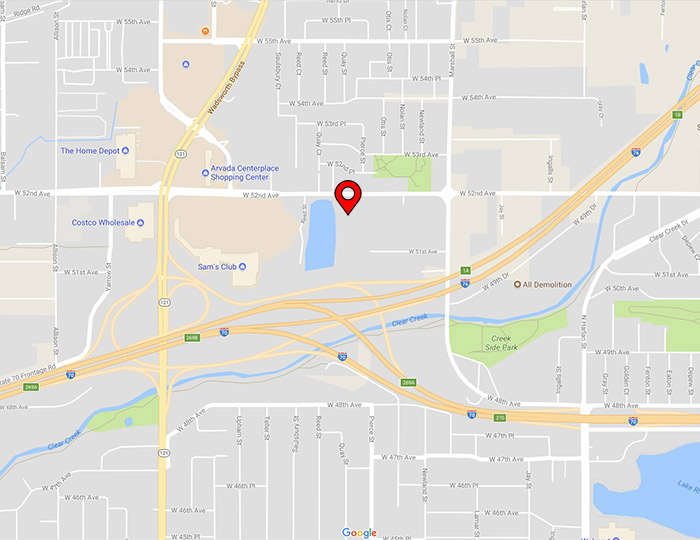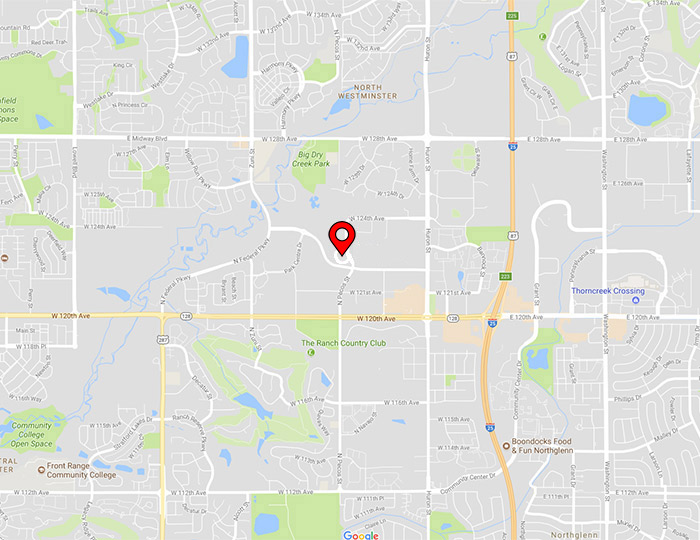Vestibular testing involves a series of tests that are administered when you are experiencing dizziness. They are used to determine whether symptoms of dizziness are being caused by the balance system of the inner ear.
Diagnostic Tests for the Vestibular System
The vestibular system is complex and responsible for many of the body’s functions. In order to narrow down the exact cause of dizziness, it is necessary to administer a variety of tests. These measure eye movements, head movements, hearing and more.
Studies indicate vestibular testing is extremely thorough and accurate in identifying inner ear disorders. Vestibular testing is also helpful in determining whether additional diagnostic testing, such as an MRI, is needed. A battery of tests is administered in most cases. The most common ones include:
• Electronystagmography (ENG). This series of tests measures eye movements via electrodes placed around the eyes. ENG tests usually consist of four parts: evaluation of rapid eye movements, tracking tests to measure eye movements as they follow a visual target, positional test for measuring dizziness in response to different head positions and a caloric test that measures responses to warm and cold water circulating through a tube in the ear canal. Most people reporting dizziness or vertigo will be given ENG tests initially.
• Videonystagmography (VNG). This is similar to ENG testing, but an infrared video camera attached to a pair of goggles is used in place of electrodes. The same four-part testing process is utilized.
• Vestibular Evoked Myogenic Potential (VEMP). VEMP testing is used to determine whether the saccule (an inner ear organ) and vestibular nerves are functioning properly. Electrodes are attached to the neck and sounds are transmitted through a pair of headphones. The electrical response of the sternocleidomastoid muscle in the neck is recorded.
These tests may be combined with additional hearing or diagnostic tests depending on the results.
Call Mile High Otolaryngology at (303) 487-0834 for more information or to schedule an appointment.


